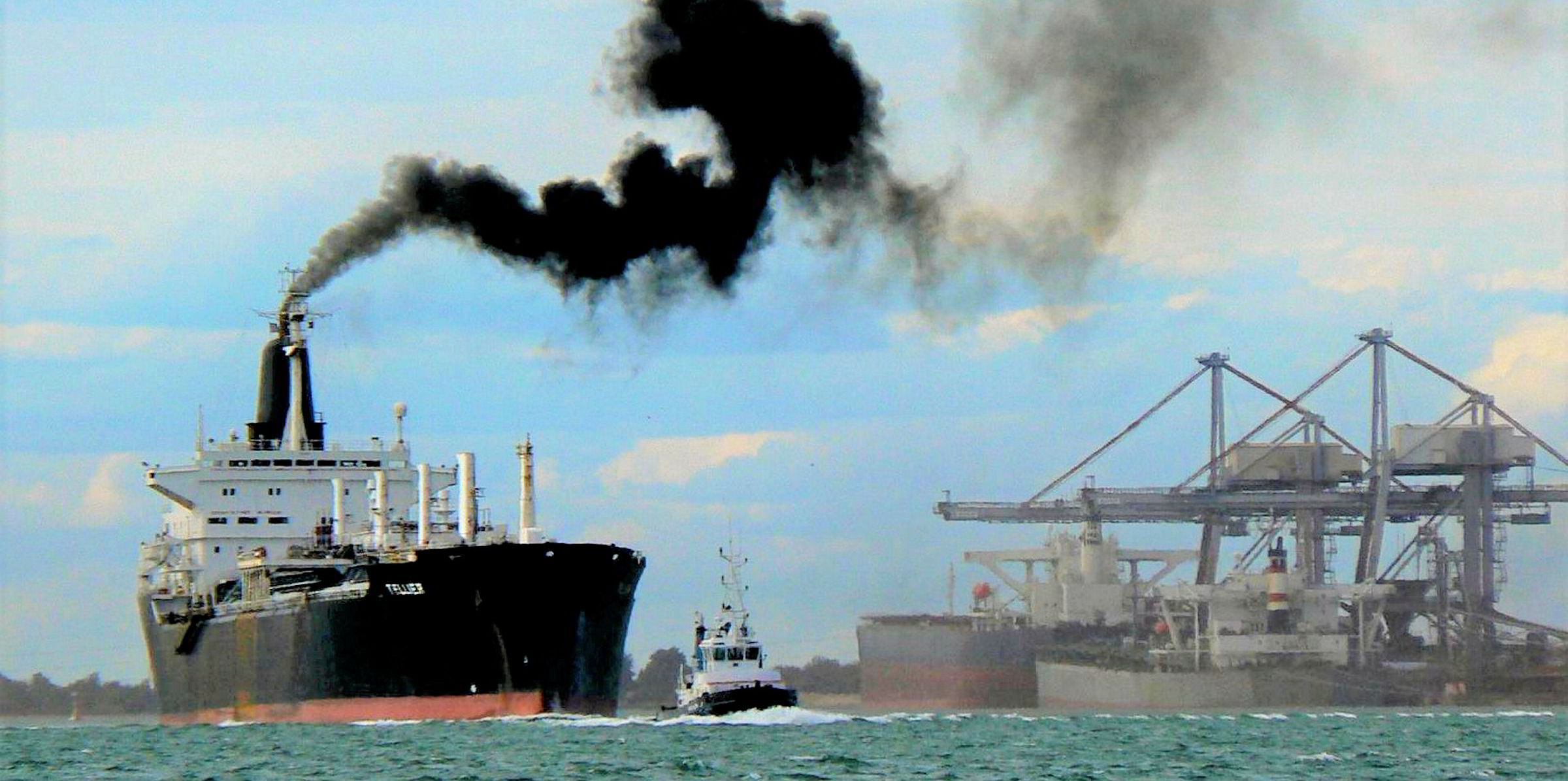A new package of short-term decarbonisation measures agreed by the International Maritime Organization has come under fire from shipowner bodies.
The J/5 deal at the IMO’s Intersessional Working Group on Reduction of GHG Emissions is aimed at helping owners reduce the carbon intensity of shipping by 40% by 2030, as TradeWinds has reported.
Central to the agreed measures is the idea of an Energy Efficiency Existing Ship Index (EEXI) and a requirement for ships to adopt an enhanced Ship Energy Efficiency Management Plan.
But Lars Robert Pedersen, deputy secretary general of shipowners' organisation Bimco, said questions remain unanswered.
He added that a proposal to fuse EEXI with the operational Carbon Intensity Indicator (CII) lacks important details.
There was no guidance on how carbon efficiency should be measured and which reduction factors should be used to calculate annual limits for CII for each vessel, Pedersen said.
Several associated guidelines also still need to be agreed before the impact of the proposed regulation on the fleet can assessed, Copenhagen-based Bimco believes.
Some countries and organisations have said the outcome fails to meet the ambitions of the IMO's initial strategy on climate change and the United Nation's Paris Agreement.
"To this we can only say: we don’t know. Because important elements are still missing, it is impossible to judge the effect," added Pedersen.
He believes the 2030 ambition may or may not result in lower total emissions from the fleet because it all depends on the metric chosen and the resulting change in operational behaviour of ships.
'Vague and disappointing'

Denmark shipowners' organisation Danish Shipping said an "ambitious and clear climate regulation" could not be agreed. Hopes were high, but the outcome has ended up less positive, the body added.
Danish Shipping also said the result "does not bring much joy".
Maria Skipper Schwenn, director of safety, environment and maritime research at the organisation, called the result disappointing.
"Unfortunately, the IMO's member states were unable to deliver the goods this time," she said.
The director added that this is worrying for Danish shipping companies, which are clearly calling for an enforceable regulation.
Danish Shipping wants the regulation to promote innovation and the transition towards CO2 neutrality, and also take into account small and large shipping companies and different types of ships.
This vague regulation must be addressed when the IMO’s environment committee meets virtually from 16 November
Maria Skipper Schwenn
While certain operational requirements have been agreed on how to operate a vessel, there are no consequences if the operational requirements are not met, Skipper Schwenn added.
"This vague regulation must be addressed when the IMO’s environment committee meets virtually from 16 November," she said.
"Here, every effort must be made to achieve a regulation that actually guarantees efficiency improvements and provides incentives for investment in and transition to green fuels."
The organisation believes looking at the CO2 emissions of individual ships rather than the total fleet removes the incentive to invest in and develop the greenest zero-emission vessels.
"Overall, we are in favour of looking at the actual conditions and not committing to theoretical proposals," Skipper Schwenn said.
"Containerships and passengerships should not, of course, be measured in the same way. Ships must be measured based on how much they have actually transported and not on how much capacity they have."
In November, the IMO’s environment committee is due to approve the resolution, and further negotiations will follow in the spring.
Last week, the International Chamber of Shipping welcomed the outcome of the meeting, saying the deal included legally binding measures to ensure the 40% reduction of carbon intensity by 2030.






